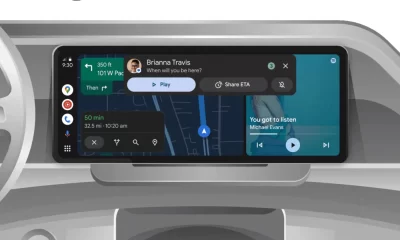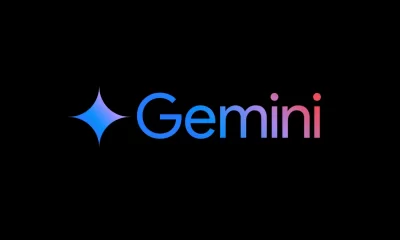Google Pixel screenshots and Weather: AI tools to enhance your Pixel experience

Top 3 Key Points:
- Pixel Screenshots: A new AI-driven feature that turns your screenshots into searchable, organized visual data.
- Pixel Weather: A weather app with advanced AI forecasting, soon available on the Pixel Tablet and more devices.
- AI-Powered Features: Google’s AI, Gemini, powers both Pixel Screenshots and Pixel Weather for smarter, personalized information management.
Google is pushing the boundaries of smartphone capabilities with its latest features, Pixel Screenshots, and Pixel Weather, both designed to enhance how we interact with visual information and weather updates on our devices.
Pixel Screenshots: Your Visual Memory Assistant
The Pixel 9 series introduces “Pixel Screenshots,” a tool that transforms how you store and retrieve information. By taking a simple screenshot, Google’s AI, called Gemini, will analyze and extract useful details like text, objects, locations, and URLs from the image. This data is then stored in your database, making it easy to find later. Whether it’s a recipe, a phone number, or an interesting article, you can just ask Gemini, and it will quickly pull up the information for you.
Here’s how it works:
- Capture: Take a screenshot of anything interesting.
- Analyze: Gemini scans the screenshot and extracts relevant details.
- Retrieve: Ask Gemini to search your stored information anytime you need it.
This feature is a significant step toward a more visually focused AI, and there’s potential for future updates where videos could also be analyzed, offering even more detailed insights.
Pixel Weather: Tailored for the Pixel Tablet
Another eagerly awaited feature is Pixel Weather, set to launch officially on the Pixel Tablet. This app offers an intuitive, dual-column UI on larger screens, giving users a clear and organized weather overview. Initially, Pixel Weather will be available on the Pixel 9 and newer models, including the Pixel 9 Pro Fold and Pixel Tablet.
Google’s support documentation suggests that Pixel Weather could be included in a future Pixel Feature Drop, possibly in December. The app will integrate seamlessly with the Google Clock and offer a detailed six-hour precipitation forecast. However, it’s important to note that the AI-powered weather report won’t be displayed during extreme weather events, focusing instead on delivering official alerts.
Customizable and Expansive Features
Pixel Weather allows for customization, such as rearranging weather cards, although some blocks like the ‘AI Weather Report’ and ‘Hourly Forecast’ are fixed at the top. The app is powered by the same technology used for nowcasting and will be available in the US, UK, and most EU countries, excluding Italy, Luxembourg, and Liechtenstein.
As you set up Pixel Weather, you’ll be prompted to disable existing weather notifications from the Google app to avoid duplicate alerts.
These updates from Google highlight the tech giant’s commitment to enhancing user experiences through AI and personalized features, making everyday tasks more intuitive and efficient.
Google Meet gets a fresh new look with Material 3 design
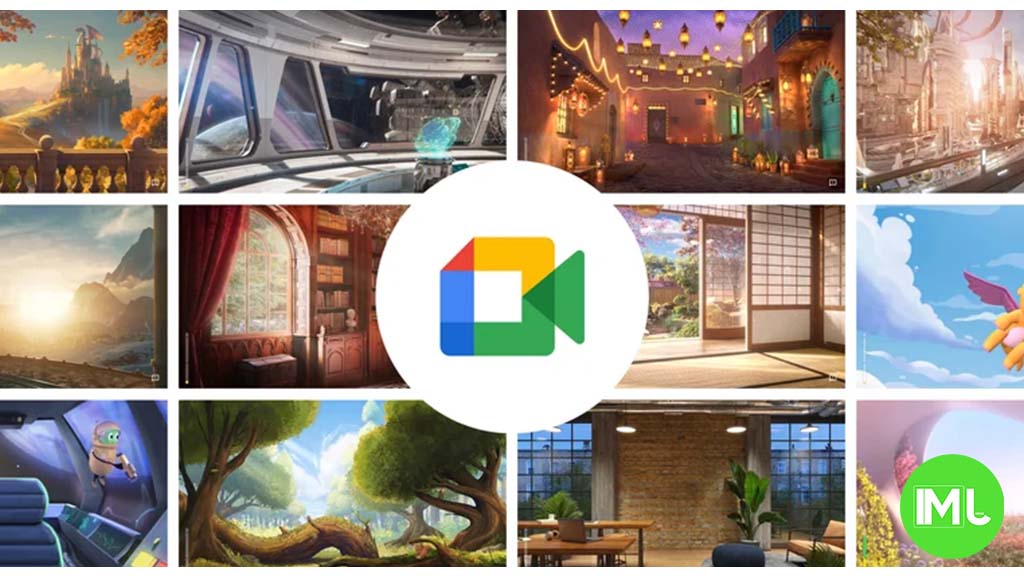
Google Meet is getting a big update to its look, thanks to the new Material 3 design. This change brings a cleaner and more modern style to the video calling app, making it easier and more enjoyable to use.
With Material 3, Google Meet now has rounder buttons, softer colors, and better spacing between elements. The main controls, like the microphone, camera, and end call buttons, are now larger and easier to tap. The icons and text are also clearer, which helps users find what they need quickly during a call.
Another improvement is the new “expressive” color system. This feature lets the app’s colors match your device’s wallpaper or theme, giving each user a unique and personalized experience. The changes also make Google Meet more accessible, as the new design is easier to read and use for everyone, including people with vision difficulties.
These updates are rolling out to both web and mobile versions of Google Meet. Google says the new look will help people feel more comfortable and focused during their meetings. Overall, the Material 3 update makes Google Meet not only look better but also work better for all its users.
Android
Easy ways to change Android Auto’s look with light and dark themes
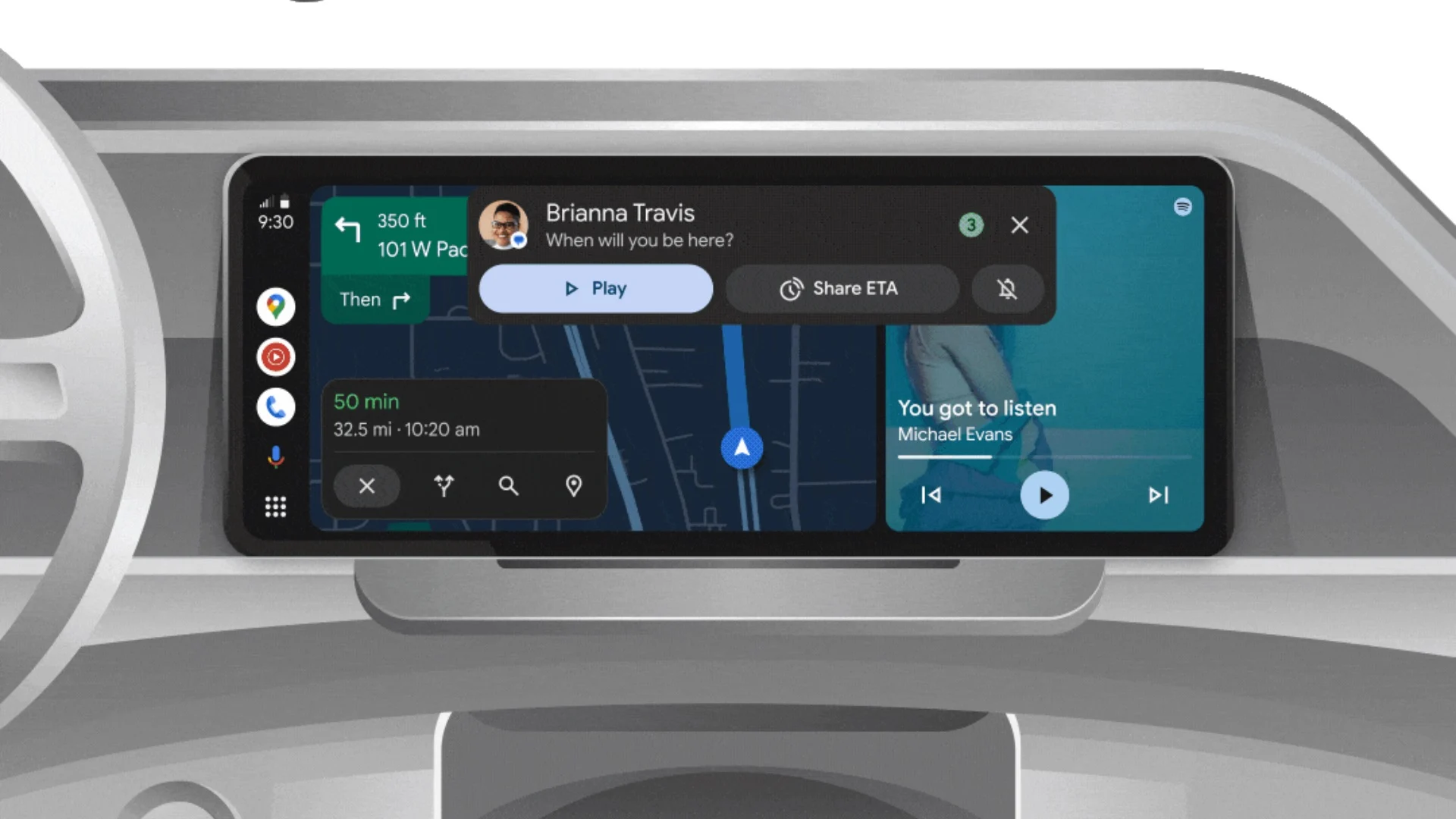
Android Auto is a helpful tool that lets you use your phone’s apps safely while driving. It connects your phone to your car’s screen, making it easier to use maps, music, and calls. One of the features many people like is the ability to change how Android Auto looks by switching between light and dark themes.
How to switch between light and dark themes
Android Auto offers two main themes: light and dark. The light theme uses brighter colors, which can make the screen easier to see during the day. The dark theme uses darker colors, which can be more comfortable for your eyes at night or in low light.
To change the theme, follow these steps:
- Open the Android Auto app on your phone.
- Go to the settings menu.
- Find the “Theme” option.
- Choose between “Light,” “Dark,” or “Set by car” (this lets your car decide the theme based on the time of day or your car’s settings).
Why themes matter
Using the right theme can make driving safer and more comfortable. The light theme is good for bright days, while the dark theme helps reduce glare at night. Having these options means you can pick what works best for you, making Android Auto easier to use in any condition.
In short, Android Auto’s theme options are simple to use and help you drive more safely by making the screen easy to see, no matter the time of day.
Google Drive and Files by Google get fresh updates for easier use

Google is rolling out some helpful updates to two of its popular apps: Google Drive and Files by Google. These changes are designed to make managing your files and watching videos much smoother.
First, Google Drive is getting a new video player. Now, when you upload a video to Drive and open it, you’ll notice a fresh look that matches Google’s latest design style. The controls, like play and pause, are easier to use and look cleaner. This update makes it simpler to watch videos directly in Drive without needing to download them first.
Meanwhile, the Files by Google app is also getting a makeover. The app is adopting Google’s Material 3 design, which means it looks brighter and more modern. The buttons and menus are easier to see and use, making it simpler to find, move, and organize your files. There are also new color options and improved icons, so everything feels more user-friendly.
Both updates show Google’s commitment to making its apps more helpful and enjoyable to use. Whether you’re watching videos in Drive or sorting files on your phone, these changes aim to save you time and make things less complicated. If you use these apps, keep an eye out for these new features—they should arrive soon!
-
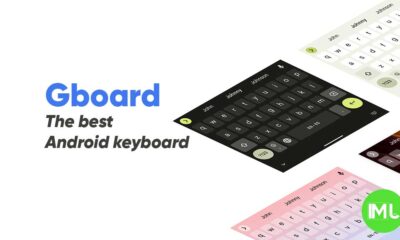
 Apps1 year ago
Apps1 year agoGboard Proofread feature will support selected text
-

 News1 year ago
News1 year agoSamsung USA crafting One UI 6.1.1
-

 Apps1 year ago
Apps1 year agoGoogle Contacts app testing new Besties Widget
-
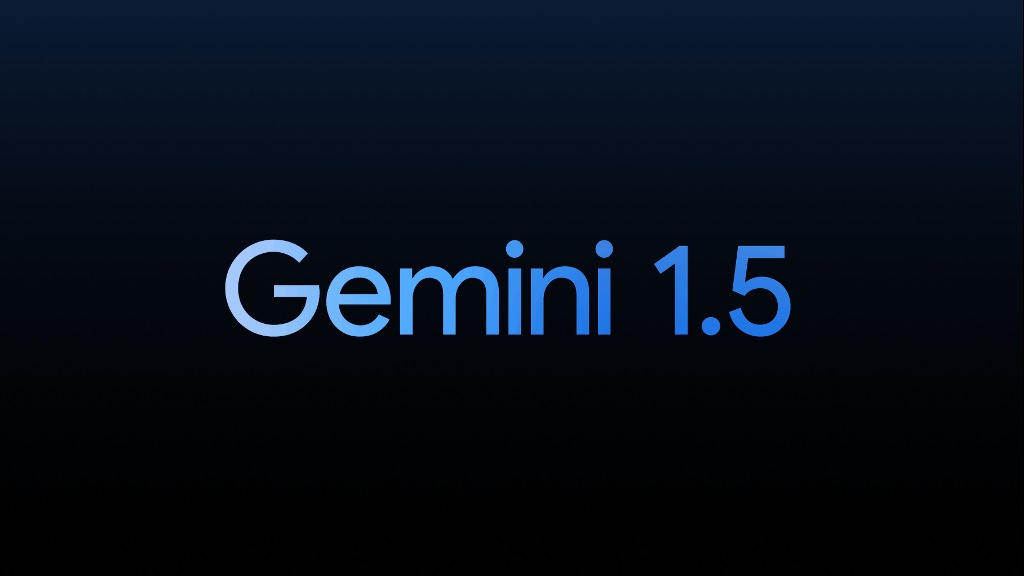
 AI12 months ago
AI12 months agoGoogle Pixel 9 Pro may come with a complimentary one-year Gemini Advanced subscription
-
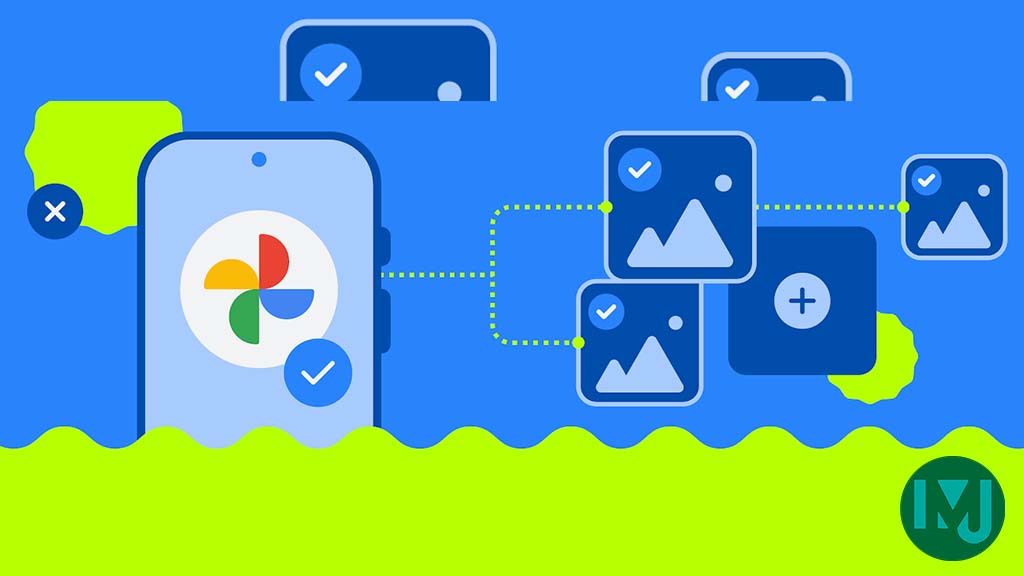
 Apps12 months ago
Apps12 months agoGoogle working on a new video editing feature for its Photo app
-
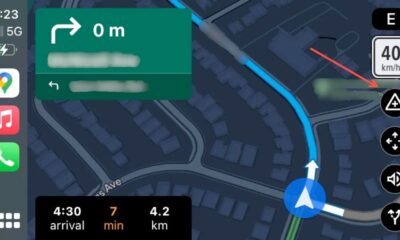
 Apps12 months ago
Apps12 months agoGoogle Maps lets you report traffic jams and accidents on Apple CarPlay, but not on Android Auto
-

 News1 year ago
News1 year agoBreaking: Samsung Galaxy S22 may get Galaxy AI features
-

 Apps1 year ago
Apps1 year agoGoogle Messages app will transform MMS chats into RCS



